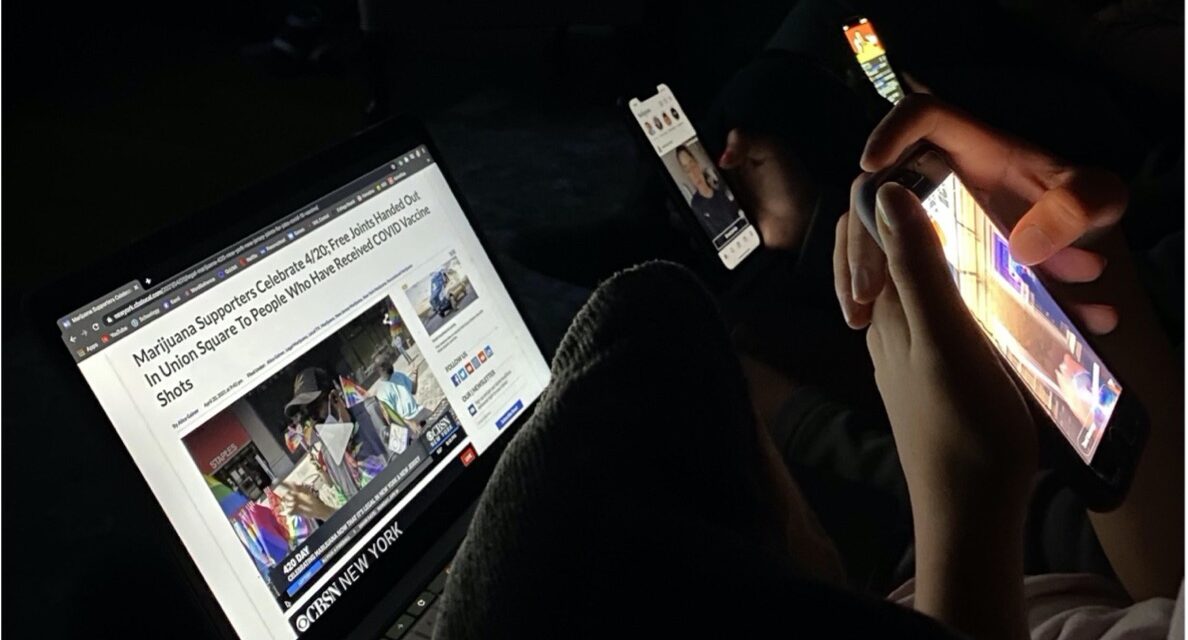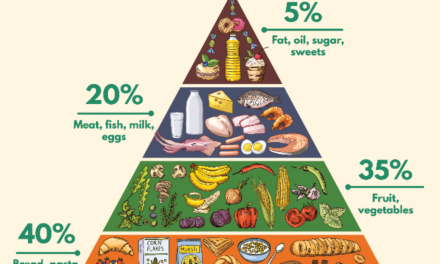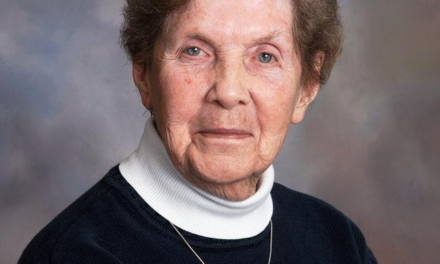Yakquelin Garduno ‘21, Staff Writer

In recent years, cell phone cameras have surpassed our imaginable expectations. With the ability to zoom up close from miles away, capture moving memories, and fit in the palm of our hands, smartphones have become an indispensable part of everyday life. Younger generations are growing up with a technological standard of living. Their electronic footprint is becoming as valuable as their first step. While some commend smartphones’ ability to disseminate knowledge, develop social awareness, and foster interconnectivity, many also condemn cell phone usage as dangerous to mental health and privacy. The issue has become highly politicized, with smartphones at the center of political scandals and social rights movements.
However, few laws have been enacted to control cell phone usage beyond texting-and-driving. Where not immediately life threatening, camera phones are difficult to regulate for the same reason guns are. They are likened to American values and freedoms that people feel uncomfortable overstepping. With advanced capabilities, camera phones have larger social implications. They are carriers of knowledge, information, memories, and communication. Today, they have become tools of protection, with many people using camera phones to video police brutality and discrimination. Thus, to remove camera phones feels like a personal offense. A removal of protection, just like guns.
It is no coincidence we shoot people with our camera phones: we hold them hostage through our lens. We have the potential to end people’s lives by exposing their malicious behavior. Derek Chauvin’s case has shown the importance of camera phones and highlights the difficulty regulating camera phone usage in a country where people feel constantly on guard. Footage of Chauvin murdering George Floyd was at the center of the trial. Witnesses captured Chauvin stepping on Floyd’s neck for more than nine minutes, and the video influenced public opinion, igniting Black Lives Matter Protests across the nation. The powerful and inedible clip led to Chauvin’s guilty verdict for the death of Floyd.
Likewise, we can turn the camera on ourselves and commit social suicide. This was the case for rioters at the Capitol Riot, who stormed the U.S Capitol in Washington D.C. in an attempt to overturn Donald Trump’s presidential defeat in 2020. Capitol police officers were attacked and many vandalized the offices of Congress members, while others occupied the evacuated Senate chamber. The events were captured by the rioters themselves, who took selfies and live videos of the riot. Others were identified online and lost their jobs or were forced to resign. Investigations are ongoing across the country, and suspects face federal charges.
Cell phones have dramatically altered the makeup of everyday life. Their protective status has transformed their communicative purpose, and inspired a number of social rights movements. They hold the weight of guns as a means of surveilling the actions and words of community members and people in power. Young people are staying connected on their phones and tapping into a wealth of information that holds the potential to shape their interactions with others, make them politically active, and change the world.





